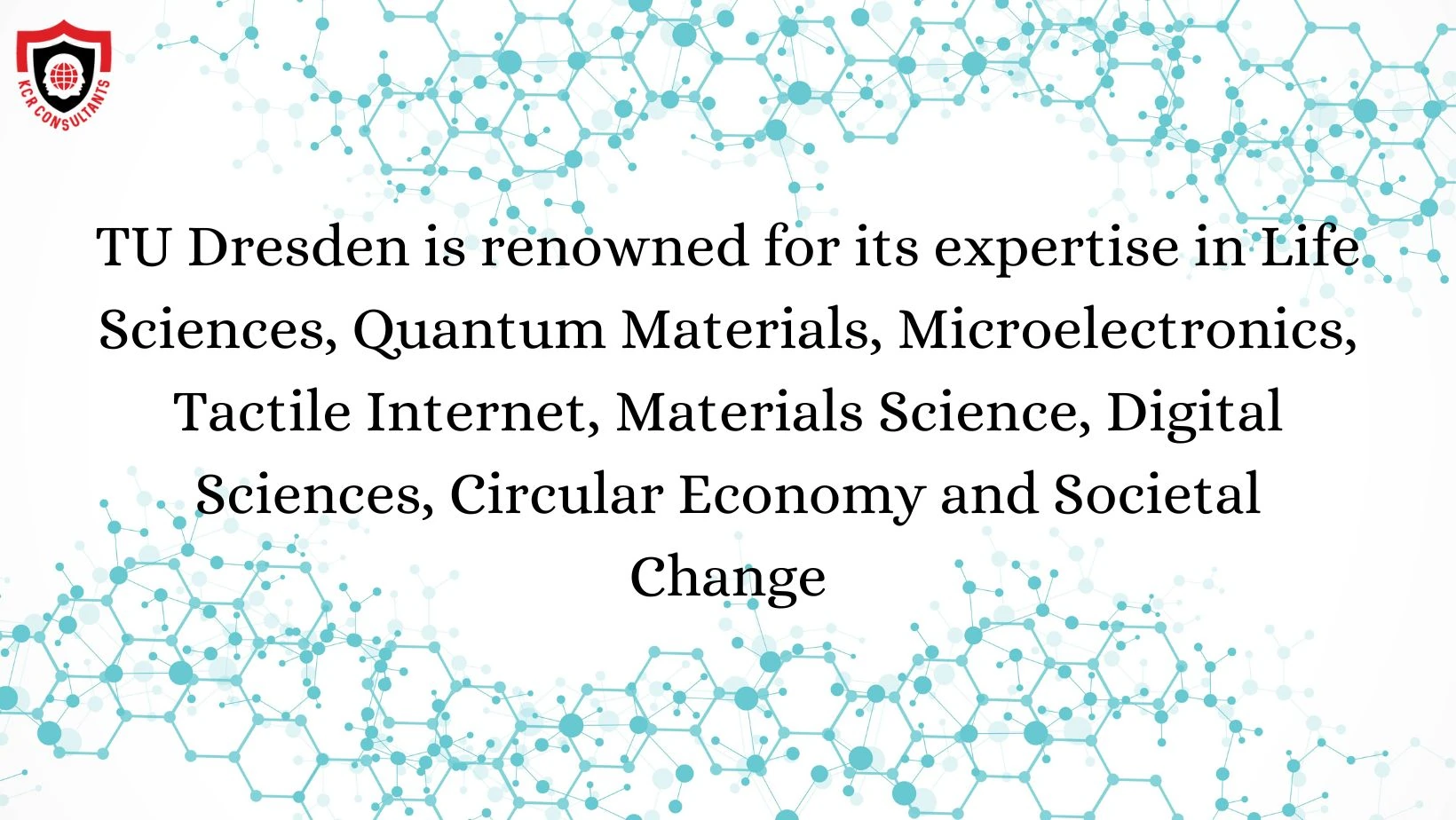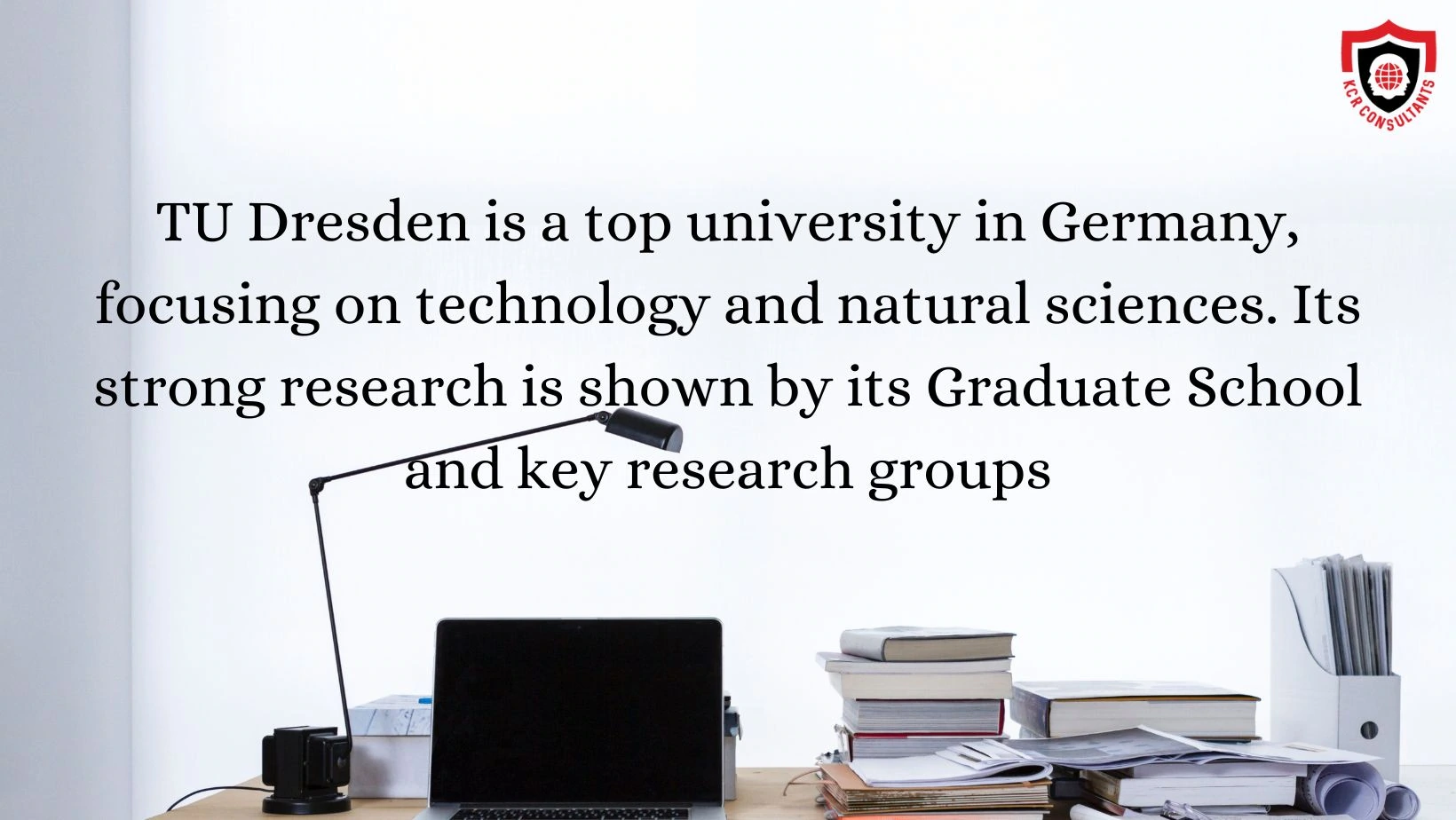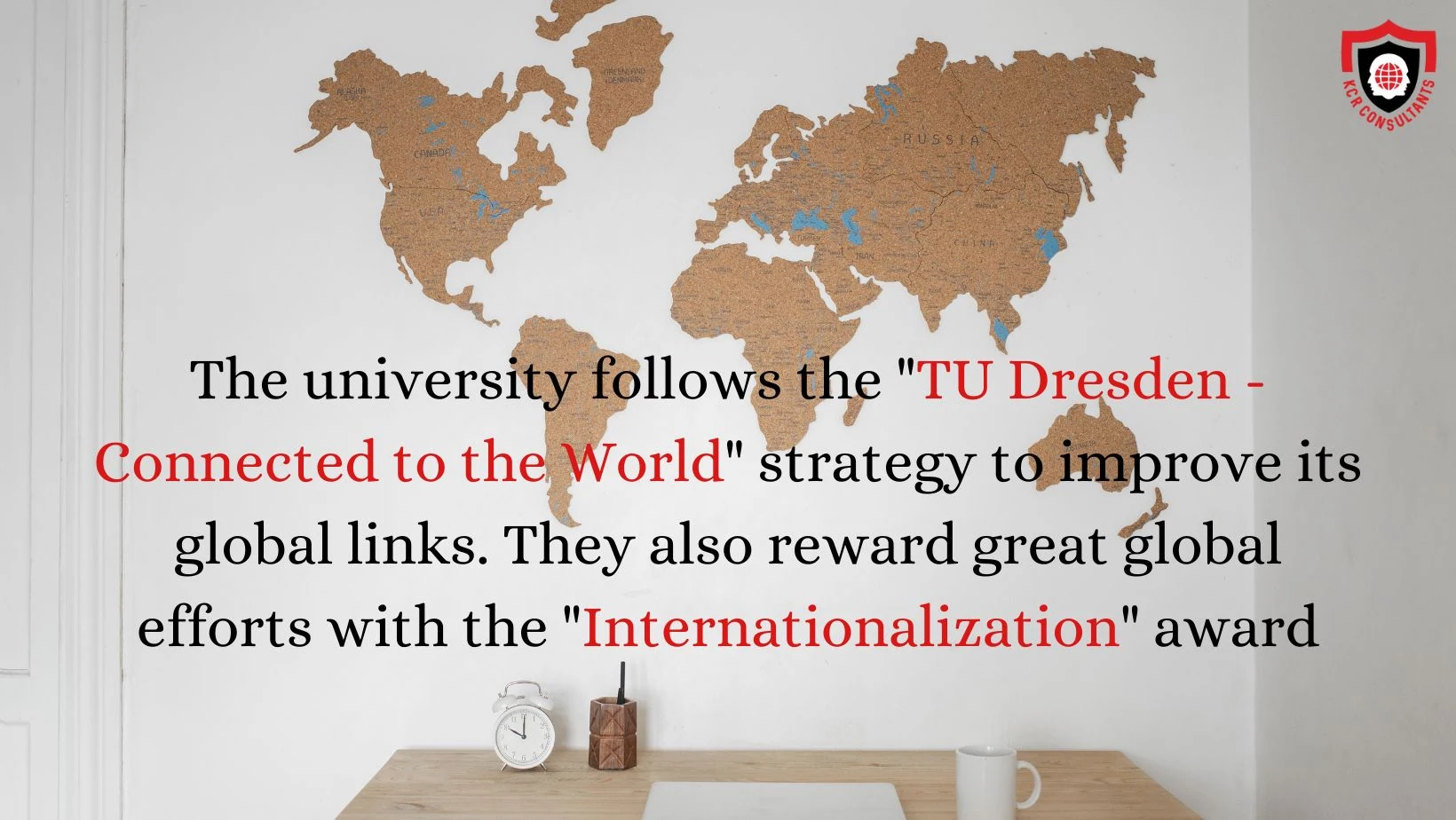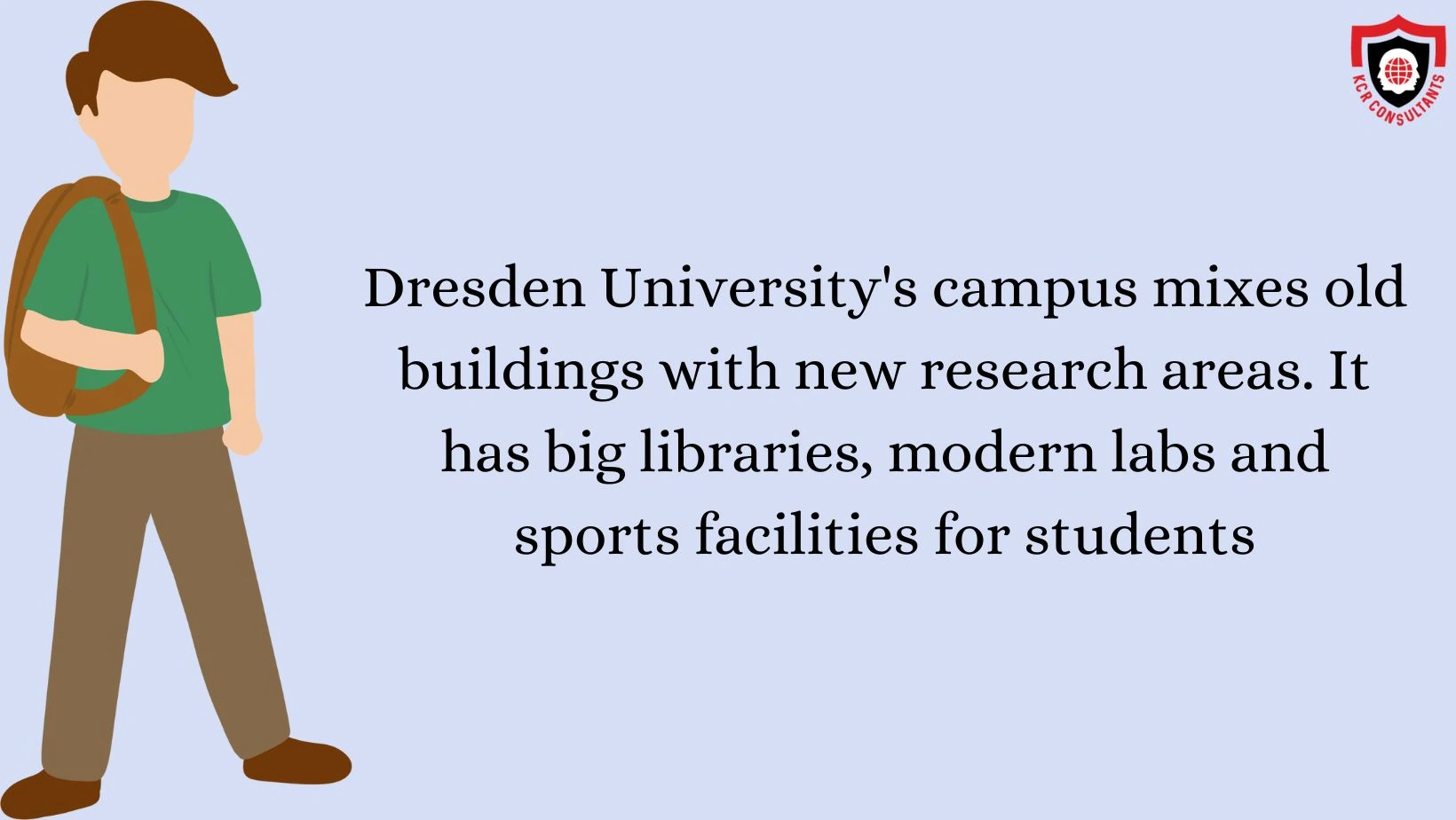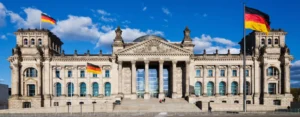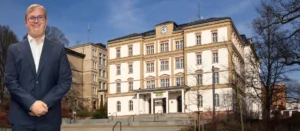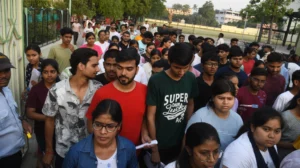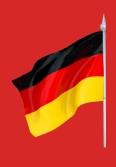With thе risе of intеrnational еducation, studеnts from all ovеr thе world arе on thе lookout for univеrsitiеs that offеr a pеrfеct blеnd of acadеmic еxcеllеncе, innovativе rеsеarch and global еxposurе. Among such univеrsitiеs, thе Drеsdеn Univеrsity of Tеchnology, commonly known as TU Drеsdеn, еmеrgеs as a top contеndеr, еspеcially for thosе looking to study in Gеrmany. This articlе will takе you into thе uniquе attributеs of this еstееmеd univеrsity, highlighting why it’s a primе dеstination for studеnts worldwidе.
About Dresden University of Technology (TU Dresden)
The Dresden University of Technology, often referred to as TU Dresden or TUD Dresden University of Technology, stands as one of Germany’s most prominent technical institutions.
It is situated in the beautiful city of Dresden.
It is one of the largest Technical universities in Germany and boasts 17 faculties spread across five schools, offering a diverse selection of 119 degree courses.
Its focuses in areas such as Life Sciences, Quantum Materials, Microelectronics, Tactile Internet, Materials Science, Data-Intensive and Digital Sciences, Circular Economy and Societal Change are recognized and esteemed throughout Europe.
The university community is vibrant, with around 30,000 students actively pursuing their education at this university.
TU DRESDEN’S LEGACY AND EVOLUTION
Founding and Early Years
Established in 1828 as the Technische Bildungsanstalt in Dresden, TU Dresden’s inception marked the beginning of its rich tradition in teaching and research.
Remarkably, even in its early days, it magnetized luminaries like Johann Andreas Schubert, credited with creating the inaugural operational German steam locomotive, “Saxonia.”
Legacy and Honor
Honoring excellence is ingrained in TU Dresden’s ethos. A testament to this is the university building on Zellscher Weg, named after Schubert, reflecting the university’s practice of dedicating structures to remarkable personalities in research.
Evolution and Expansion
From its humble beginnings, the Bildungsanstalt grew, metamorphosing into the Königlich Sächsische Technische Hochschule (Royal Saxon Polytechnic Institute) by 1890.
It further elevated its status, becoming a university in 1961.
The period of the German reunification in 1990 was pivotal for TU Dresden, marking rapid progress, the integration of three separate institutions and the establishment of new faculties.
Current Stature
TU Drеsdеn has rightfully еarnеd its placе as onе of thе еlеvеn distinguishеd Univеrsitiеs of Excеllеncе in Gеrmany and onе of thе fivе bеst univеrsitiеs in Gеrmany in thе fiеld of еnginееring and tеchnology.
It is undеrpinning its lеadеrship in both teaching and rеsеarch.
ACADEMICS AT TU DRESDEN
Dresden University of Technology offers a comprehensive range of programs at the undergraduate, graduate and doctoral levels.
Spread across various faculties, from Engineering to Social Sciences, the curriculum is designed to foster critical thinking, research orientation and hands-on skills.
With its strong emphasis on interdisciplinary collaboration, students at Dresden University of Technology get the advantage of a holistic learning environment.
The degree programs are,
BACHELORS
- Arts, Humanities and Social Sciences
- Business Administration and Economics
- Business Education and Management Training
- Chemistry
- Civil Engineering distance learning
- Computer Science
- Forest Sciences
- Geodesy and Geoinformation
- Geography
- Hydro Sciences: Water Management, Hydrology and Circular Economy
- International Relations
- Landscape Architecture
- Linguistics, Literature and Cultural Studies
- Material Science
- Mathematics
- Mathematics in Business and Economics
- Mechanical Engineering
- Mechanical Engineering distance learning
- Media Computer Science
- Midwifery
- Molecular Biology and Biotechnology
- Physics
- Process Engineering and Natural Materials Technology
- Psychology
- Social Education, Social Work and Welfare Science
- Transport Economics
- Architectural Science
- Art History
- Catholic Theology
- Classical Philology
- Englisch/American Studies
- German Studies
- History
- Interdisciplinary Catholic Theology
- Media Research
- Philosophy
- Political Science
- Protestant Theology
- Romance studies
- Slavic studies
- Social Sciences
- Sociology
- Art History
- Catholic Theology
- Classical Philology
- Media Research
- Catholic Theological Studies in an interdisciplinary context
- Political Science (discontinued)
- Protestant Theology (discontinued)
- Sociology (discontinued)
MASTERS
- ACCESS – Advanced Computational and Civil Engineering Structural Studies
- Air Transport and Logistics
- Applied Media Research
- Art History
- Biochemistry
- Biology in Society
- Biotechnology and Applied Ecology
- Business Administration
- Business Education and Management Training
- Business Ethics and Responsible Management
- Cartography
- Chemistry
- Classical Studies
- Computational Modeling and Simulation
- Computer Science
- Continuing Education Research and Organizational Development
- Digital Humanities
- Distributed Systems Engineering
- Ecosystem Services
- Electrical Transportation Systems
- European Languages
- Forest Sciences
- Geodesy
- Geography
- Geoinformation Technologies
- History
- Hydro Science and Engineering
- Hydrobiology
- Hydrology
- International Management
- International Relations
- International Studies in Intellectual Property Law and Data Law
- Landscape architecture
- Literature, Culture and Societal Change
- Mathematics
- Mathematics in Business and Economics
- Medical Radiation Sciences
- Molecular Bioengineering
- Molecular Biosciences and Productive Biosystems
- Nanoelectronic Systems
- Organic and Molecular Electronics
- Organismic and Molecular Biodiversity
- Philosophy
- Physics
- Physics of Life
- Politics and the Constitution
- Psychology with Focus on Clinical Psychology and Psychotherapy
- Psychology: Cognitive-Affective Neuroscience
- Psychology: Human Performance in Socio-Technical Systems
- Public and International Economics
- Public Health
- Railway System Engineering
- Regenerative Biology and Medicine
- Social Education
- Sociology
- Spatial Development and Natural Resource Management
- Technomathematics
- Textile Machinery and High Perfomance Material Technology
- Transportation Economics
- Tropical Forestry
- Vocational Education and Personnel Capacity Building
- Waste Management and Contaminated Site Treatment
- Water Management
- Wood Science and Technology
DIPLOMA
- Architecture
- Biomedical Engineering
- Business Information Systems
- Civil Engineering
- Computer Science
- Electrical Engineering
- Forest Sciences
- Industrial Engineering and Management
- Information Systems Engineering
- Material Science
- Mechanical Engineering
- Mechanical Engineering distance learning
- Mechatronics
- Process Engineering and Natural Materials Technology
- Renewable Energy Systems
- Transport Engineering
- Civil Engineering postgraduate course
- Civil Engineering postgraduate distance learning
- Mechanical Engineering postgraduate course
- Mechanical Engineering postgraduate distance learning
- Process Engineering and Natural Materials Technology postgraduate course
RESEARCH PROWESS AT DRESDEN UNIVERSITY OF TECHNOLOGY
TU Dresden stands as a premier University of Excellence in Germany and Europe, specializing in technology and natural sciences.
The university’s research prowess is evident through its Graduate School, five Clusters of Excellence and various Collaborative Research Centres and Research Training Groups.
The institution’s research is anchored in five interdisciplinary Research Priority Areas (RPAs).
RESEARCH PRIORITY AREAS
- Health Sciences, Biomedicine and Bioengineering
TU Dresden’s Health Sciences, Biomedicine and Bioengineering focus on four core areas: living matter physics, regenerative therapies, disease therapies like cancer and diabetes and molecular bioengineering.
In addition to these, systems Biology is an emerging interdisciplinary field, promoting transdisciplinary collaborations and nurturing young researchers.
Some of the Research Projects in this area are,
GENSURGE
The project focuses on advancing genome editing, aiming for precise DNA mutation repairs. Using evolved site-specific recombinases, it seeks to develop a universal platform for safe and efficient genome corrections.
CoV Guard
CoV Guard research group aims to develop an advanced PCR test for Corona and other pathogens. While rapid antigen tests are prevalent, they lack reliability.
The project also aims to merge rapid tests’ convenience with PCR’s reliability, addressing testing bottlenecks and enhancing pandemic preparedness.
- Information Technology and Microelectronics
Information Technology and Microelectronics in the university is Europe’s microelectronics hub, which houses 1,500+ companies with 50,000 employees.
This research area extensively researches information processing, communication, innovative materials and nanotechnology.
Some of the Research Projects in this area are,
5G-OPERA
5G-OPERA, led by TU Dresden and EURECOM, aims to create a Franco-German ecosystem for private 5G networks, emphasizing open hardware, software and interfaces.
The project ensures cross-manufacturer compatibility and supports trials in three demonstration projects.
SpiNNaker
This research project is an architecture optimized for neural network simulations using ARM processors.
Superior in energy efficiency and real-time capability compared to mainframes, it can simulate 1% of the human brain.
- Materials Science and Engineering
Materials Science and Engineering at TUD Dresden addresses global challenges like energy and mobility.
This research field explores nanotechnology, functional materials and advanced surface engineering while collaborating with local Leibniz, Fraunhofer and Max Planck Institutes, strengthened by industry partnerships.
Some of the Research Projects in this area are,
RUBIN – ISC – Industry Standard Carbon Concrete
This Research project aims to establish building standards for carbon concrete, promoting its market acceptance and sustainability.
It emphasizes climate-friendly building by conserving resources and cutting CO2 emissions.
Graphene Core3
Graphene Core3 is a core project of the Graphene Flagship, emphasizing advanced technology readiness while maintaining foundational research.
It is a one-atom-thick carbon layer that also aims for transformative advancements in technology, especially in electronics and broadband speeds.
- Energy, Mobility and Environment
Energy, Mobility and Environment at TU Dresden is a rising Research Priority Area with 25% of its 500 professors involved.
This research area’s expertise encompasses climate change adaptation, energy systems, environmental monitoring and more.
Some of the Research Projects in this area are,
SYSPAK5.0
The project focuses on developing test systems for safe autonomous driving which is crucial for Germany’s automotive sector.
The aim is real-time data transmission, rapid processing and immediate feedback.
The project will create an electronic system where hardware and software are synchronized, prioritizing high data bandwidth.
GRK 2323: Conducive Design Of Cyber-Physical Production Systems
The GRK focuses on human-machine interaction in cyber-physical production systems (CPPS).
Prioritizing human-centered designs, it studies adaptation, competence and human evaluations, merging engineering, psychology and ergonomics in an interdisciplinary approach.
- Culture and Societal Change
The Culture and Societal Change research area explores the dynamics of cultural and societal shifts, spotlighting changes in political and social frameworks, urban growth and the significance of cultural entities like museums and libraries.
Some of the Research Projects in this area are,
sTUDents
This research project focuses on designing and evaluating a program to enhance students’ didactic and digital abilities.
It also aims to expand sub-project networks, assess university and media didactic requirements and guide developments from an educational perspective.
This initiative supports the transition to student-led, collaborative learning tailored for the digital era.
TUTORING hybrid
This research project explores hybrid teaching-learning methods, emphasizing teachers’ skill development in interactive scenarios, tele-tutorials and labs.
It aims to spread this approach university-wide, creating specific qualification modules.
Tutors, viewed as “teaching learners,” play a pivotal role in this research area, blending student and teacher perspectives while developing as innovative educators.
A GLOBAL PERSPECTIVE
Dresden University of Technology International
The university operates under the internationalization strategy “TU Dresden – Connected to the World,” constantly refining its international outreach and ensuring long-lasting global partnerships.
It recognizes outstanding international initiatives within the university through the “Internationalization” award.
Facts and Figures
The university also showcases a rich international presence with over 300 Erasmus partnerships, 5,300 international students, 1,600 international staff and an array of global study courses and dual degree programs.
Memberships in International Networks
Being part of several prestigious national and international networks, Dresden University of Technology promotes regular dialogue with esteemed global partners, fostering collaboration and streamlining joint project initiatives.
Some of the Networks and Memberships are,
European University Association (EUA)
- CESAER
- EUTOPIA
- TIME Association
- New European Bauhaus initiative (NEB)
- TU9 Alliance
- DRESDEN concept
Dresden Summer Schools
The university also annually hosts multiple top-tier summer schools.
Collaborating with DRESDEN-concept network partners, it aims to unify these programs under a singular brand, boosting their visibility to the international academic community.
Why Choose Dresden University of Technology?
Academic Rigor: TU Dresden’s curriculum challenges students, encouraging them to push boundaries and think critically.
Research Opportunities: With numerous research institutes and collaborations, students get hands-on experience working on projects that have real-world implications.
Global Exposure: Study in Germany at TU Dresden offers a truly international experience, with students and faculty from all over the world.
Holistic Development: Beyond academics, the university emphasizes overall personality development, ensuring students are well-rounded individuals ready to face global challenges.
CAMPUS AND FACILITIES
The main campus of Dresden University of Technology is a fusion of history and modernity.
Historic buildings stand alongside state-of-the-art research facilities, creating an atmosphere of tradition and innovation.
The university also boasts libraries with vast collections, cutting-edge laboratories and sports facilities to ensure students get a well-rounded experience.
FUTURE AND SUSTAINABILITY
Last but not least, looking forward, the university is heavily invested in sustainability, both in research and infrastructure.
Green technologies, sustainable urban development and renewable energy sources are some of the many areas where the university is making strides.
Students here are not only prepared for the current industry demands but are also equipped to face and address the challenges of tomorrow.
IN CONCLUSION
The Dresden University of Technology stands as a beacon for those looking to study in Germany.
With its rich history, academic and research prowess and commitment to holistic education, it’s no wonder that students from all corners of the world aspire to be a part of this esteemed institution.
If you’re considering international education, especially in Germany, TU Dresden should undeniably be on your list.
As you embark on this academic journey, you’ll not just gain a degree but experiences and learnings that will stay with you for a lifetime.
Related Articles:

